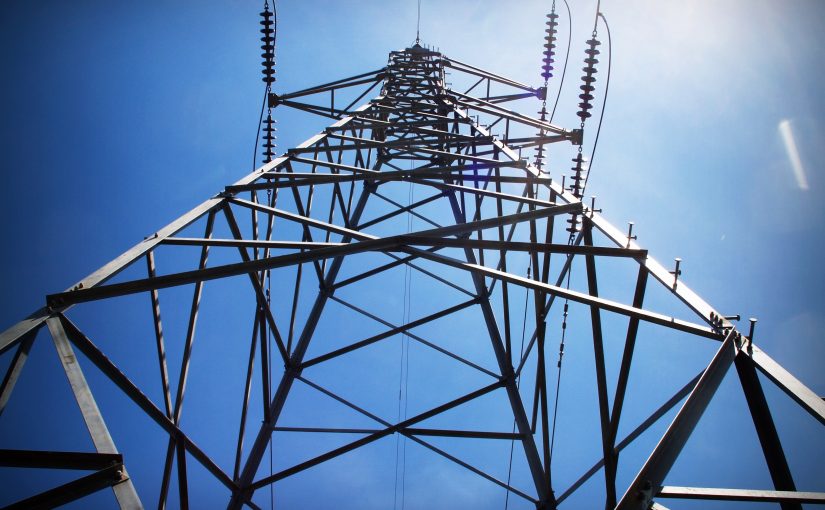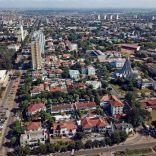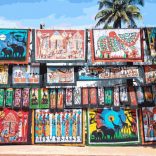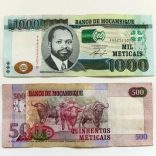Mozambique: Construction of US-funded bridge and ring road in Zambézia to begin in 2026
State companies: Electricity saved but telecoms and LAM will go to the wall – By Joseph Hanlon

It is increasingly clear that the electricity sector – HCB and EDM – are being well run and will remain in state hands. But the state airline LAM and the two telecommunications companies MCel and TDM are all in such desperate straits, so badly managed, and subject to so much government interference that it appears they will be allowed to go bankrupt or be given away to anyone who will take them.
The African Development Bank had lent Mateus Magaia to Mozambique to head Electricidade de Mocambique (EDM) for three years, but he has been recalled to the ADB. But during that period he turned around EDM. As president, Armando Guebuza refused to allow EDM to raise tariffs so it lost huge amounts of money. With recruitment of better-qualified and rewarded staff, EDM saw its revenues rise from $150 mn to $500 mn. (ADB 1 Aug) Magaia also reformed procurement, stopping purchases through questionable intermediaries. He discovered that EDM was buying electricity meters from an intermediary company for $120 each when they were available on the open market for $30. (Zitamar 18 July)
And on 1 August the government announced an open application process for the chair of a new Energy Regulatory Authority. The chair must be Mozambican. (Lusa 1 Aug) In 2015 the new top staff of EDM was hired in a similar open way.
Fastjet is already competing with LAM on domestic routes and Ethiopian will start in October. Fastjet is a British-South African company operating in several African countries and a financial bail out in June appears to make it secure. LAM is bankrupt with debts of $250 mn, of which more than $80 mn is to Petromoc, the government owned fuel company, and the airports authority. LAM cannot pay its fuel bill. But the problem is not just mismanagement. The Mozambique football league owes LAM $1.5 mn and LAM refused to fly teams for the Mocambola national championship this year, so in April President Filipe Nyusi ordered it to. (@Verdade 13,15,20,24,25 July, 21 August) When the governor of Niassa was dismissed two weeks ago, he and his entourage simply went to the airport and forced LAM to take them and make confirmed passengers stay in Lichinga, with LAM paying the hotel bill.
The entire LAM board of directors was dismissed on 5 July when the Prime Minister could not fly due to lack o fuel, but the board continued to run the airline for two weeks because there were no replacements. On 23 July engineer Joao Carlos Po Jorge was named director general, with a brief to clean up the airline in 18 months. Government officials continue to talk of making LAM viable, but there is no chance. Perhaps Ethiopian will take it over if the government assumes the debts.
Meanwhile the government is merging the land line company TDM and the country’s first mobile telephone company MCel, probably to be passed on to Vodacom, which paid $40 mn to expanding its license to include landlines and 4G. (Lusa 25 July) Vodacom is part owned by the Machel family company Whatana and the Guebuza family company Intelec. The National Communications Institute (INAC) estimates that Vodacom has the largest share of mobile data market with around 6 million customers, followed by Movitel with 4 mn and Mcel with just 3 mn.
By Joseph Hanlon













Leave a Reply
Be the First to Comment!
You must be logged in to post a comment.
You must be logged in to post a comment.